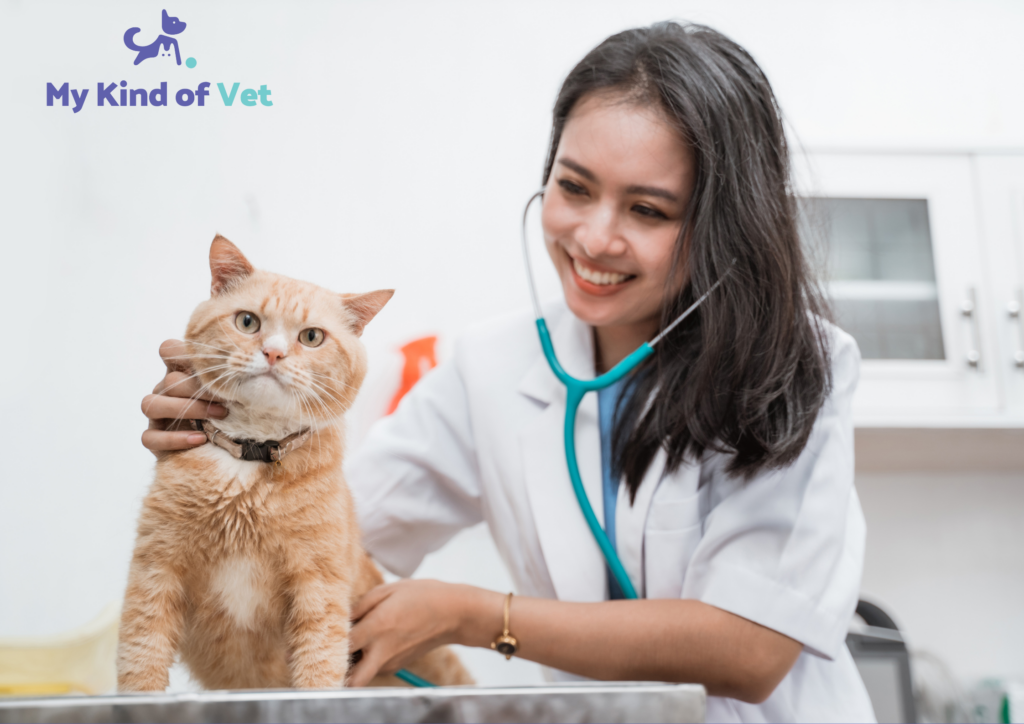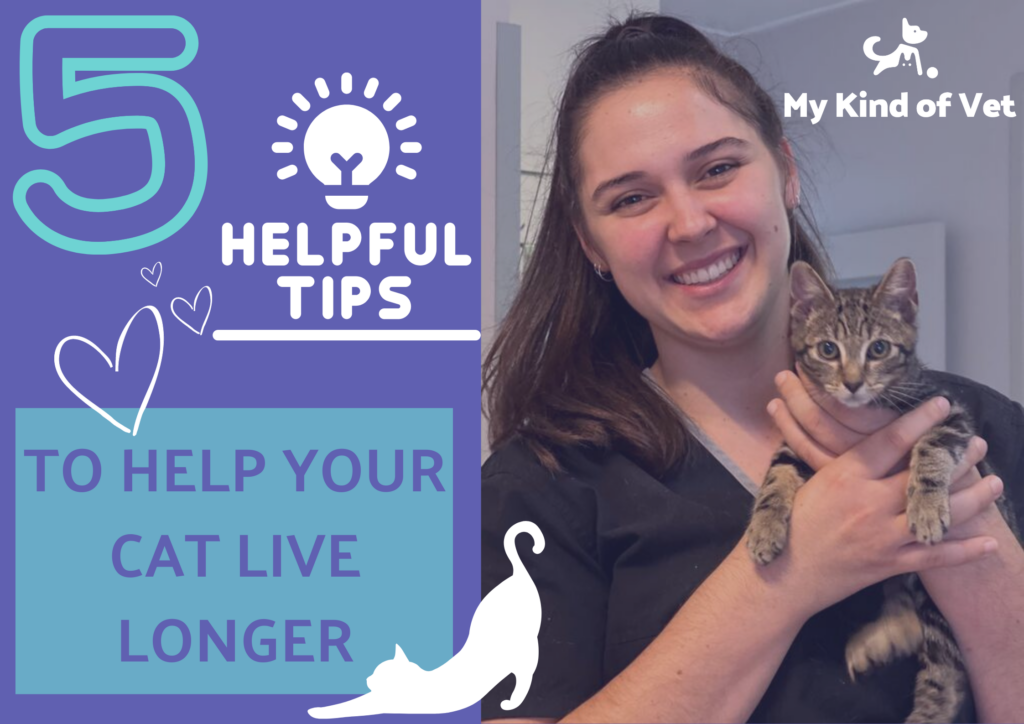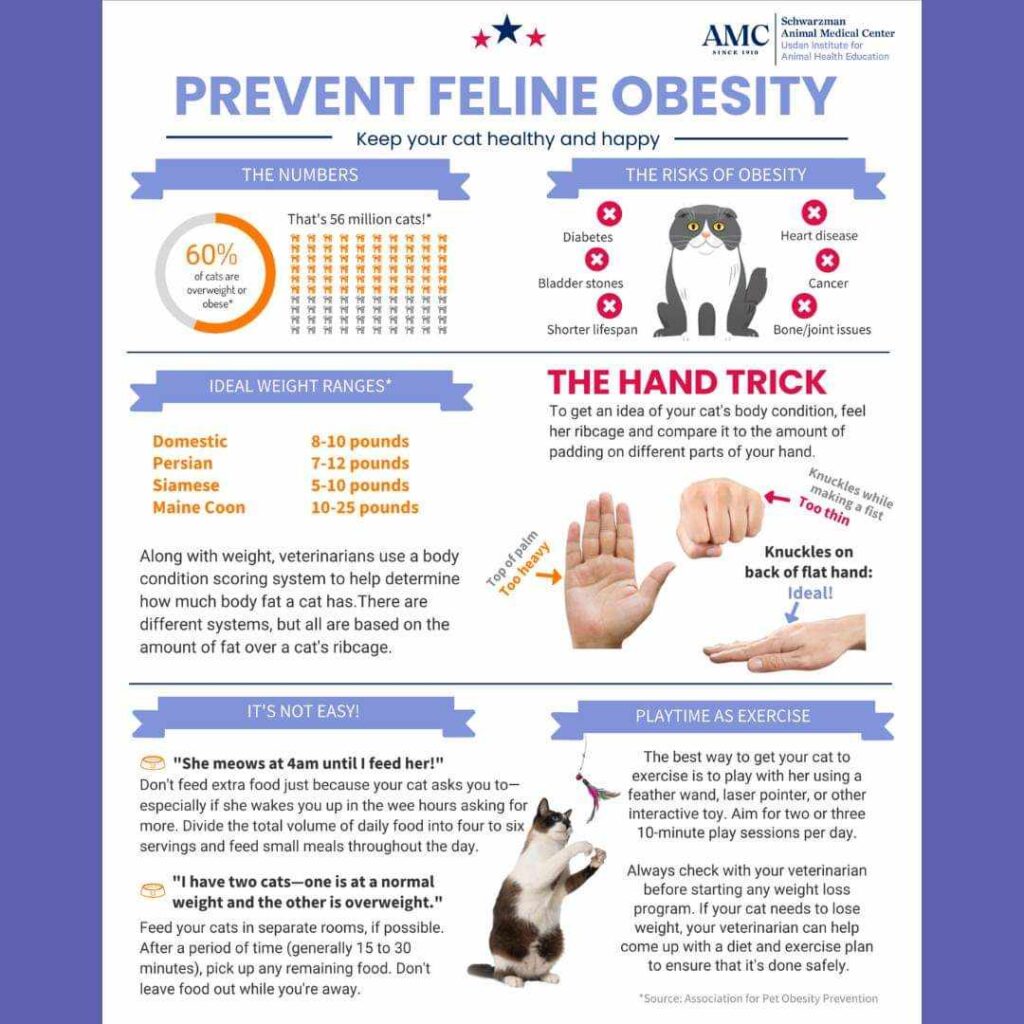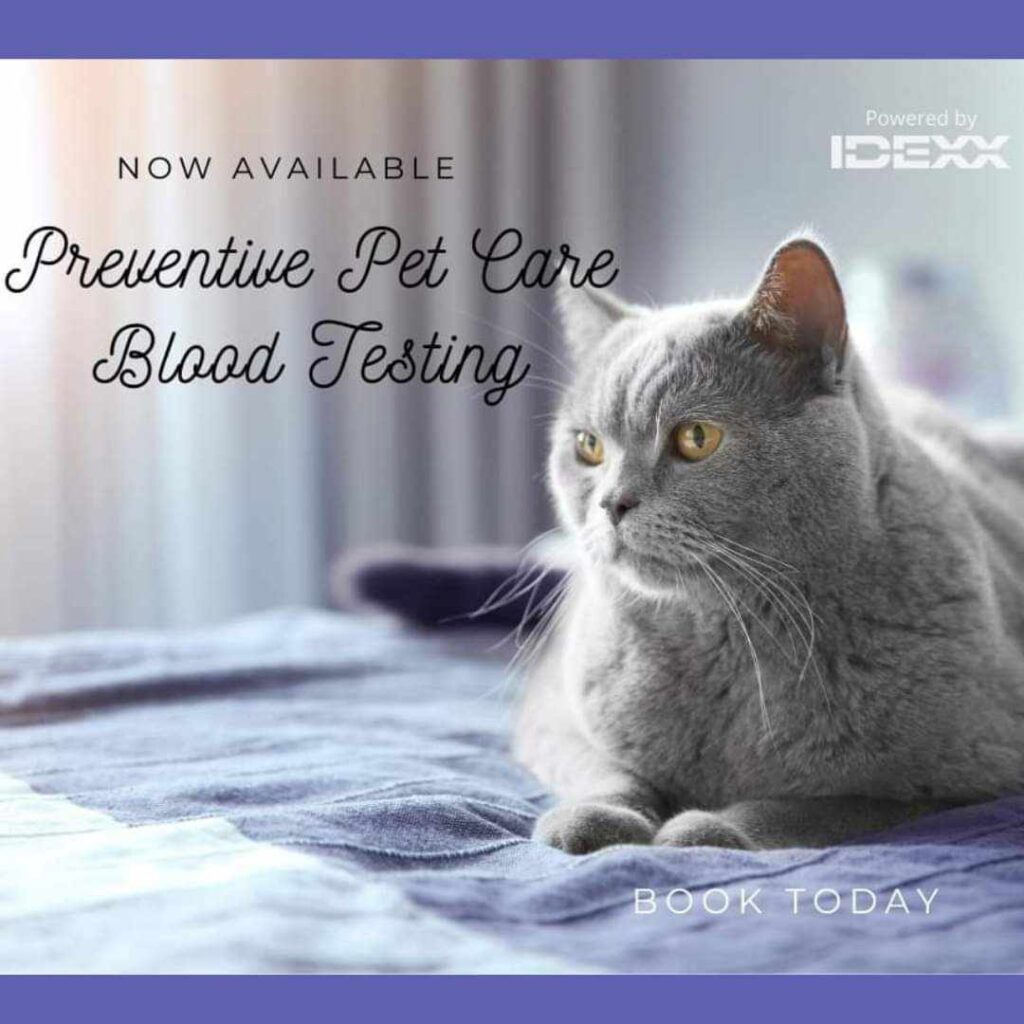5 Tips to Help Your Cat Live Longer:
#1 Keeping them a healthy weight
Keeping your cat at a healthy weight is crucial for several reasons:
Overall Health: Just like humans, obesity in cats can lead to numerous health issues such as diabetes, arthritis, heart disease, and respiratory problems.
Quality of Life: A healthy weight contributes to your cat’s energy levels, mobility, and overall vitality, ensuring a better quality of life.
Longevity: Cats that maintain a healthy weight tend to live longer and have fewer health complications later in life.
Prevention of Diseases: Maintaining a healthy weight reduces the risk of developing obesity-related diseases, thus lowering veterinary bills and ensuring fewer visits to the vet for weight-related issues.
Easier Veterinary Care: Handling and treating a healthy-weight cat is generally easier for both you and your veterinarian, making check-ups and treatments less stressful for your pet.
To keep your cat at a healthy weight, ensure they have a balanced diet appropriate for their age and activity level, provide regular exercise and mental stimulation, and monitor their weight and body condition regularly.
#2 Feeding a healthy diet
Feeding a cat a healthy, balanced diet is essential for maintaining their overall health and well-being. A balanced diet provides the necessary nutrients, including proteins, fats, vitamins, and minerals, which support vital bodily functions. Proteins and fats are crucial for energy, muscle maintenance, and the health of skin and fur, while vitamins and minerals play roles in metabolism, immune function, and bone health. Without these essential nutrients, a cat can develop deficiencies or health problems such as weakened immunity, poor coat condition, and organ dysfunction.
In addition, a well-balanced diet helps to prevent obesity, a common issue in domesticated cats that can lead to serious conditions such as diabetes, joint problems, and heart disease. By providing proper portion sizes and high-quality food, you can help manage your cat’s weight and avoid the complications associated with overfeeding or feeding an inappropriate diet. Additionally, a balanced diet can improve your cat’s overall quality of life, ensuring they have the energy and vitality to enjoy daily activities and remain active and playful.
Water intake is also a very important part of a healthy diet. Many cats don’t drink enough on their own, especially those on kibble diets. Add water to food where you can and consider adding bone broth to increase water intake.
Regularly consulting with a veterinarian about your cat’s dietary needs and adjusting their food accordingly can further support their health and longevity.
#3 Preventative check ups and blood testing
Many cat owners might assume that their feline companions are healthy if they appear to be active and playful, often overlooking the importance of regular veterinary visits. Cats are notoriously adept at hiding pain and discomfort, which means they may not always show visible signs of illness or distress until a problem has become severe. This can lead to underestimating the need for regular checkups and preventative care, which are essential for maintaining their health.
Taking your cat to the vet for regular checkups and preventative care, including blood testing, is crucial for maintaining their health and catching potential issues early. Regular checkups allow veterinarians to monitor your cat’s overall condition, track any changes in their health, and detect subtle signs of disease that may not be immediately apparent. This proactive approach helps in identifying health problems before they become serious, increasing the chances of successful treatment and management.
Preventative care, such as blood testing, plays a key role in uncovering underlying conditions that may not show visible symptoms. Routine blood tests can reveal issues such as kidney disease, diabetes, or thyroid problems, allowing for early intervention. This not only improves the likelihood of effective treatment but also helps in managing chronic conditions more efficiently, ultimately contributing to a better quality of life for your cat. Regular veterinary visits and preventative care ensure that your cat remains healthy, active, and comfortable throughout their life.
#4 Keep your cat indoors
Protecting our Wildlife: Australia’s unique wildlife, including birds, reptiles, and small mammals, can be at risk from roaming cats. By keeping your cat indoors, you help protect native species and contribute to the conservation of Australia’s delicate ecosystems.
Avoiding Disease: Outdoor cats are exposed to various diseases and parasites such as fleas, ticks, and worms. Indoor cats are less likely to contract these issues, reducing the need for frequent veterinary treatments and enhancing their overall health.
Traffic and Injury Risks: Australian roads can be busy, and outdoor cats are at risk of accidents with vehicles. Keeping your cat indoors eliminates the risk of road accidents, injuries, or being lost, ensuring their safety.
Fighting with Other Cats: Outdoor cats are at risk of conflicts with other felines, which can lead to injuries, abscesses, or the spread of diseases like feline immunodeficiency virus (FIV) or feline leukemia virus (FeLV). Additionally, cat bites and scratches can easily and quickly become infected due to the massive amount of bacteria present in a cat’s teeth and claws. Keeping your cat indoors prevents these dangerous encounters.
Damaging Property and Causing Stress: Roaming outdoor cats can damage other people’s property, such as gardens or furniture, and cause stress to other neighborhood cats by intruding on their territory. Keeping your cat indoors helps avoid these issues and fosters a more harmonious community environment.
Compliance with Local Regulations: In Queensland, it is illegal to allow your cat to roam off your property. Keeping your cat indoors ensures compliance with local council regulations and helps avoid fines, or your fur baby ending up at the pound.

#5 Provide enrichment and exercise
Exercise and enrichment are crucial for maintaining a cat’s physical and mental health, contributing significantly to their longevity. Regular physical activity helps to keep a cat’s weight in check, which reduces the risk of obesity-related conditions such as diabetes, arthritis, and heart disease. By engaging in exercise, such as play with interactive toys or climbing structures, cats can burn excess calories and maintain muscle mass, which supports overall health.
Mental stimulation through enrichment activities, such as puzzle toys, scratching posts, and varied environmental stimuli, is equally important. It helps prevent boredom and stress, which can lead to behavioral problems and health issues like anxiety or depression. Enrichment encourages natural hunting and problem-solving behaviors, keeping the cat’s mind sharp and reducing the likelihood of cognitive decline as they age. By integrating both physical and mental enrichment into a cat’s daily routine, you promote a healthier, happier, and more active life, which can contribute to a longer lifespan.






